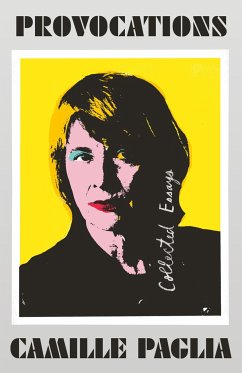
Alexander Solzhenitsyn: Cold War Icon, Gulag Author, Russian Nationalist?
A Study of the Western Reception of his Literary Writings, Historical Interpretations, and Political Ideas
Herausgegeben: Umland, Andreas;Mitarbeit: Rogatchevski, Andrei
Versandkostenfrei!
Versandfertig in 6-10 Tagen
34,90 €
inkl. MwSt.
Weitere Ausgaben:

PAYBACK Punkte
0 °P sammeln!
Alexander Solzhenitsyn was one of the Cold War`s most iconic writers. This book offers an in-depth analysis of his reception in the US, UK, and Germany before and after 1991. Elisa Kriza skillfully explores how Solzhenitsyn`s work can be understood with the paradigm of witness literature and uncovers the dynamics behind the politicized reception of his writing. From the mid-1980s onwards, Solzhenitsyn`s popularity dwindled-was this for ideological reasons? What about the rumors linking him with Russian nationalism? This study does not shy away from stretching beyond anti-communism and touching...
Alexander Solzhenitsyn was one of the Cold War`s most iconic writers. This book offers an in-depth analysis of his reception in the US, UK, and Germany before and after 1991. Elisa Kriza skillfully explores how Solzhenitsyn`s work can be understood with the paradigm of witness literature and uncovers the dynamics behind the politicized reception of his writing. From the mid-1980s onwards, Solzhenitsyn`s popularity dwindled-was this for ideological reasons? What about the rumors linking him with Russian nationalism? This study does not shy away from stretching beyond anti-communism and touching more contentious subjects-such as anti-feminism, anti-Semitism, and revisionism-in Solzhenitsyn`s work and reception. Bringing Solzhenitsyn back from his `critical exile` and redefining his work as memory culture, Kriza`s book is a crucial scholarly intervention, unveiling the mechanism that can transform a controversial figure into a moral icon.













